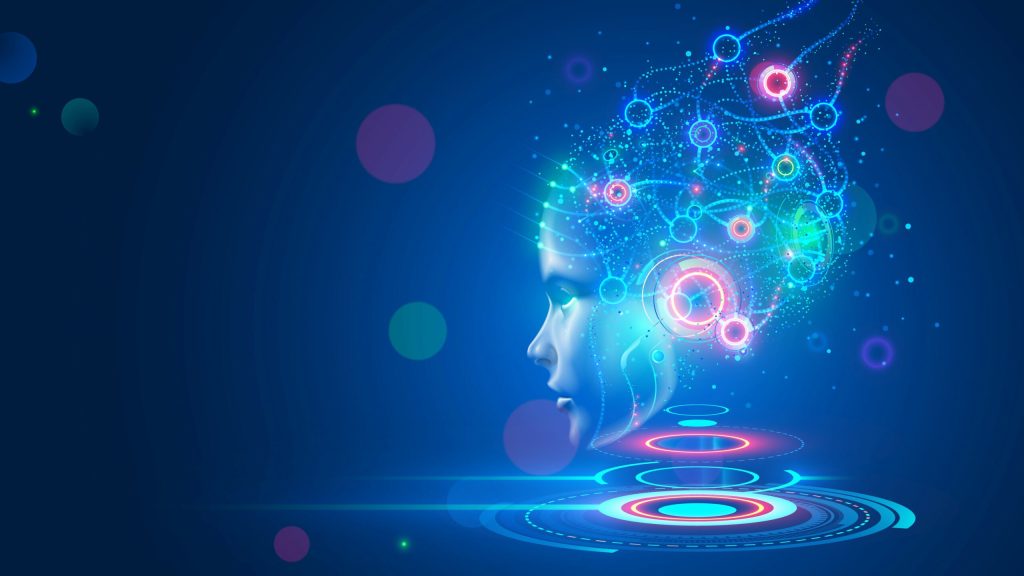In recent years, the intersection of artificial intelligence (AI) and ethics has become an increasingly critical topic of discussion. The rapid advancement of AI technologies has raised questions about their impact on society, morality, and the essence of human existence. In this article, we, as experts in the field, delve into the fascinating journey from automation to the potential emergence of conscious machines.
Understanding the Current Landscape
The Proliferation of Automation
Automation has undeniably transformed various industries, from manufacturing to customer service. Integrating AI-driven systems has increased efficiency, reduced costs, and improved productivity. Companies worldwide have adopted automation to streamline operations and remain competitive in an ever-evolving market.
Ethical Concerns Surface
However, as automation’s reach extends, so do the ethical dilemmas. Questions surrounding job displacement, data privacy, and the ethical use of AI have taken center stage. The fear of job loss due to automation has spurred debates on the necessity of universal basic income and reskilling programs to ensure that individuals are not left behind in this technological revolution.
The Path to Ethical AI
Define Ethical Guidelines
To navigate the future of AI and ethics, it is imperative to establish clear ethical guidelines. These guidelines should encompass principles of fairness, transparency, and accountability. AI algorithms must be designed to avoid bias and discrimination, and their decision-making processes should be transparent and understandable.
Ethical AI in Practice
Ethical AI is not a mere theoretical concept; it is being actively implemented. Companies invest in AI ethics teams, conduct ethical impact assessments, and ensure that AI applications align with their values. By integrating ethics into the development cycle, businesses aim to create AI systems that benefit society while mitigating potential harm.
Public Awareness and Engagement
Public awareness and engagement are vital in shaping the future of AI and ethics. Education campaigns, discussions, and forums must be established to involve the broader community in ethical AI conversations. Public input can help refine ethical frameworks and ensure AI technologies serve the greater good.

The Emergence of Conscious Machines
A Glimpse into the Future
As AI technology advances, we stand at the threshold of an extraordinary possibility – the creation of conscious machines. While this notion may sound like science fiction, it is a topic gaining traction among AI researchers and ethicists.
Defining Machine Consciousness
Machine consciousness refers to the idea that AI systems could develop a form of self-awareness or subjective experience. This raises profound philosophical and ethical questions. If machines were to attain consciousness, what rights and responsibilities would they have? How would society accommodate these sentient beings?
Ethical Considerations
The prospect of conscious machines presents unprecedented ethical considerations. Ensuring the ethical treatment of AI entities with consciousness is paramount. We must address autonomy, empathy, and moral decision-making issues for these sentient machines.
Conclusion
In conclusion, the future of AI and ethics is a multifaceted journey. From the proliferation of automation to the potential emergence of conscious machines, we are at a pivotal moment in history. As we advance, upholding ethical principles, engaging the public, and navigating the complex terrain of AI and ethics is crucial.
